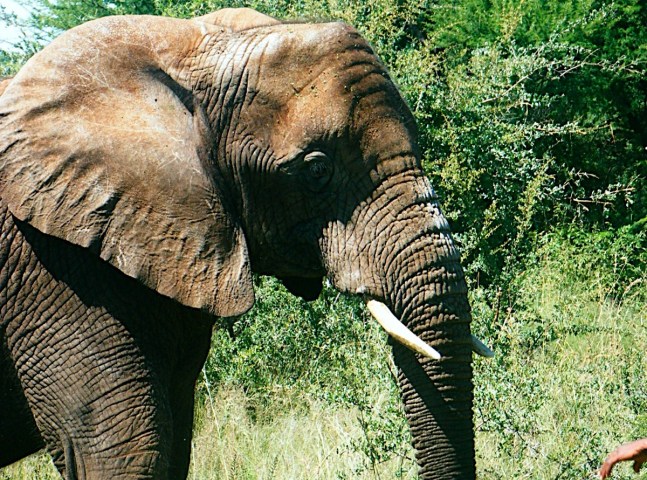
Author: Manpreet Dhillon is a worldwide traveler who is always to looking to add new experiences to her journey. Professionally, she is an Organizational Consultant and Personal/Executive Coach who acts as a supporter for businesses and women to become their own best friend. Coaching women through both emotional intelligence and spiritual tools, the goal is to help them be more aligned to their own passions. Manpreet is also the Co-Founder of Be Your Own Best Friend, a networking group for South Asian Women: www.intoessencecoaching.com and www.byobfnetwork.ca.
In 2009, I was fortunate enough to go to Botswana for three weeks with the University of British Columbia Leave for Change program for Staff. When I chose to go to Botswana, I knew nothing about it other than it bordered South Africa. Over the next three months, I received cultural sensitivity training and I had a conference call with a local from Botswana. I also started reading a series called “The Ladies’ Detective Agency” by Alexander McCall Smith as a way to further understand the culture that I was stepping into. It was on my airplane ride to Gaborone, Botswana that I started reading all the backgrounders that I had on the country.
Here is Part 3 of my experience volunteering Human Resources skills at an HIV/Aids NGO in a new country that was very foreign to me.
Cultural Experiences
People
I have found the people here extremely nice and helpful. I feel bad that I don’t know any Setswana except Dumela (which means hi). I am going to spend the weekend learning some of the basic words. English is the language of the business world but since I am in the country might as well be sensitive to the culture and the people and try to further understand their culture.
One thing that I really liked here is the sign of respect. When people are handing you something or shaking your hand, they will touch their elbow with their other hand showing that they are not hiding anything. I am trying to remember to do this constantly. The people here are super nice and really helpful. Culturally, they don’t really say no. They will nod to what you ask them to do and if they don’t want to do it, they just won’t. It does leave you guessing sometimes whether your request will be fulfilled or not. When someone tells you “I will be there in 10 minutes” they really may mean 30 minutes (similar to Indian Standard time)! The time aspect really goes to show the laidback nature of the country.
Connections to India
My first two meals in Botswana have been Indian – it really is a small world. I also remembered that there is a Gurdwara here. I got their phone number and will be visiting this weekend. I will find out where the Indians came from and if they have Bollywood movies here. I will for sure try to watch one or two. It is interesting to see the cultures here mixed in with the Western and Indian influence. Many of the locals have commented how the urban centers have lost of some of the culture except for music, dance and traditional medicine and in some cases witchcraft.
When I finally had my first taste of African food the best part was that it was prepared traditionally in a village. I was fortunate to be invited along with Lauren (from the Students without Borders program) to her co-worker Patricia’s village. We went to a house outside of the village Manayana.
The bus station reminded me of India again – the way that the buses were lined up, the street vendors and how they come onto the bus to sell you things. Our bus was just leaving when we got there, but two different people halted the bus for us.
As we drove from the city to the village, the landscape changed. It was so serene and beautiful. They had the truck stops on the side of the road like India as well. The main difference is the people and the materials the buildings are made from. It really makes you think how two nations so far apart can be so similar to one another. According to some theories, Indians did come from Africa; if that is the case I really can see that the culture was transported over to India.

Traditional Botswana
Patricia’s family greeted us with such warmth. They kept talking in Setswana the entire visit, hoping we would understand a little of what they were saying. We met two American study abroad students who were living with the family and studying Setswana. They had been there a few weeks and completely understood what the family was saying. The entire family was cooking and preparing the food together for their ten year old’s birthday party. They had English music videos playing in the background, which the little kids were dancing too. The traditional meal was great. One of the interesting things was the beef was cooked in the microwave. I guess even the traditional meals are being modernized.
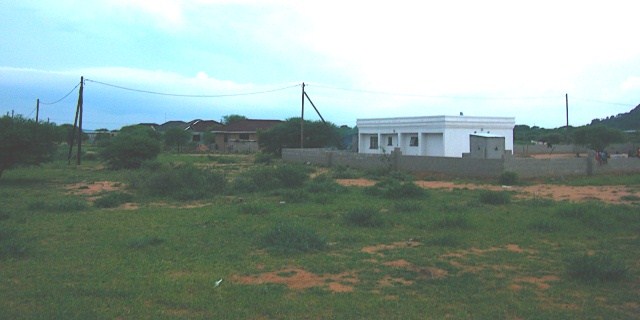
We were to catch the bus back at 3:30pm, but were told that the bus would be late and someone would flag it down when it was close. All of a sudden, one of the other girls with us, Alex (another Student without Borders volunteer) saw the bus driving by so we quickly jumped in the car and zoomed along to catch the bus down the road. We did end up catching the bus after a bit of an adrenaline rush. Before we left, we did take some sugar cane with us, which tasted so good!
I also got my Setswana name: Locato (it means laughter or love).
Contemporary Botswana
That evening we went to a fashion show fundraiser that was a complete contrast from the village experience in the afternoon. Everyone was very nicely dressed and acting very Western. It was a great event even though it started an hour and half late. I realized I have to learn patience as I kept fidgeting in my chair waiting for the event to start, which the Botswana native sitting next to me remarked, “you will learn in time to be patient.”
I also had my first grocery shopping experience here in Botswana. They had almost everything that we have back home, even Febreze imported from the US). Obama’s picture was everywhere, really showing his popularity among the locals.
I have been having great discussions with my roommates about the similarities between Botswana and Canada. Along with the political system, Botswana is heavily connected to South Africa for imports of food, music, culture, etc. Similarly, Canada is heavily connected to the United States for those things as well.
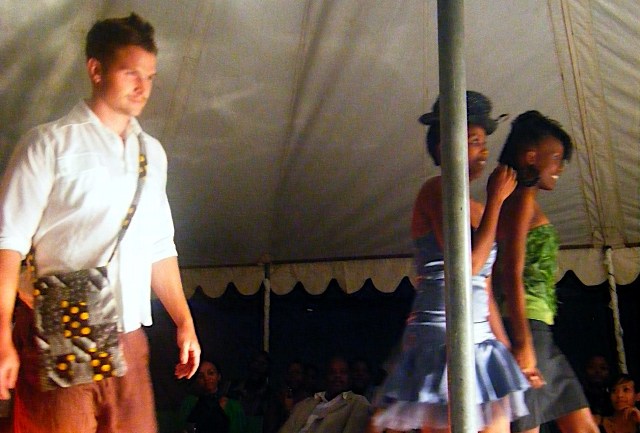
4 Years Later
After re-reading my experiences in Botswana, I started to think about how this experience impacted me. The impact was huge! I feel this trip really made me identify with who I really am and the fact that I love supporting people and building communities. I love learning about cultures and how people interact based on the cultures they are influenced by. I love new experiences and understanding the similarities between the cultures of the world.
Botswana felt like home to me. It was the first time I had ever felt that homecoming. Upon my return from Botswana, I realized I was always home as home is where your heart is.
For years, I have thought about moving back to Botswana but have shied away from it as it is really far. Instead, I have thought about volunteering in other regions in the world instead. In 2013, I was fortunate to consult on a project with a NGO in Kerala, India while in 2014, I coordinated the efforts to launch the Dhahan International Punjabi Literature Prize in Vancouver, Chandigarh (India) and Lahore (Pakistan). I have realized that I can combine what I love with my travels to have the most amazing experiences.
Anything is possible, as long as I am open to learning.
Read Part 1 and Part 2 of Manpreet’s adventures in Botswana.
Photo Credit: Manpreet Dhillon.
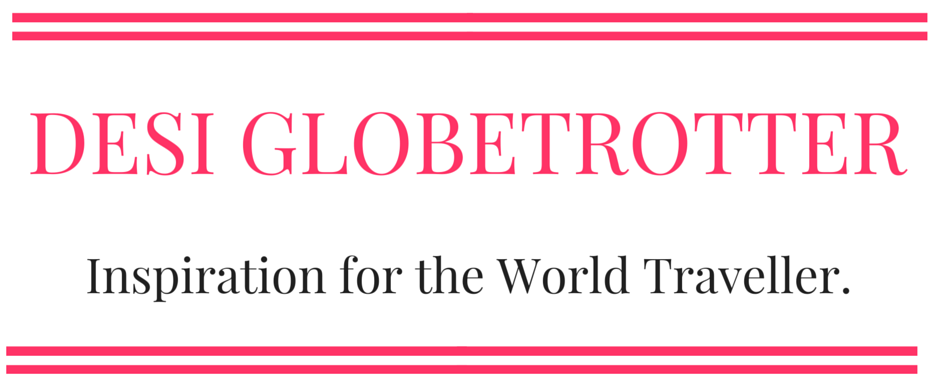
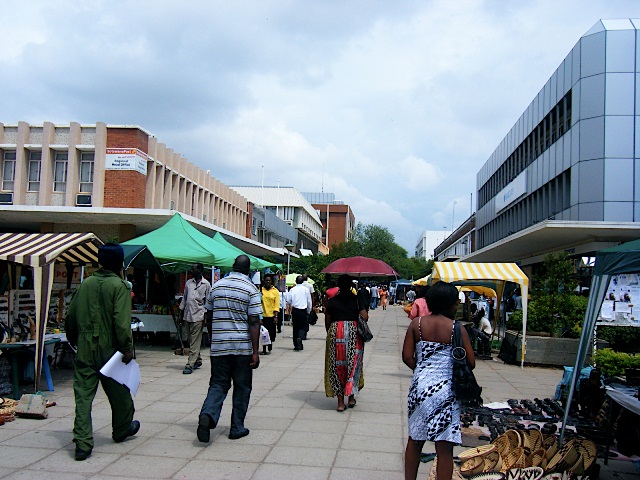
This is a great post, its so wonderful to read your experience!!